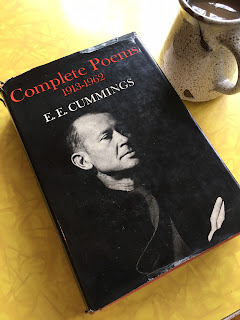 |
| Looks like a nice place to sit around and discuss books, no? A salon? |
Where I Was
We just got back from two weeks in Ireland. The room above is from Kilkenny Castle.
Of course I had to visit the Trinity College Library:
You can't tell from that photo, but they're taking all the books off the shelf for the mother of all dusting projects. (Well, there may be a little more going on than that):
The weather was splendid in ways they say never happens in Ireland. Sunny and cool, but not too cold. Looking at the Atlantic:
I reread Joyce's Dubliners while I was there. We walked up Baggot Street in Dublin from our hotel near the canal: "So we went for a walk round by the canal and she told me she was a slavey at a house in Baggot Street." (from "Two Gallants")
We passed Oughterard just as I was reading "The Dead", where Gretta Conroy came from and where the tubercular Michael Furey went out in the rain to plead with her not to leave. "So she had had that romance in her life: a man had died for her sake."
We met friends there and toured around together. It was a great trip.Back Home
Our souvenir from Ireland, however, turned out to be Covid. (Well, maybe a sweater or two as well.) Bleah.
Fortunately it didn't happen until the very end of the trip and I've only been laid out since I got back. It's not the worst cold I've ever had, but it *is* a doozy, and, I assume, without those earlier jabs, it would have been worse. The weather in Toronto this weekend is grey and rainy, like we were threatened with in Ireland. A good day to quarantine at home & do laundry.
New to the Stack
I couldn't go to Ireland and not buy books, could I? But I was pretty restrained...
I've been wanting to read a Gurnah, but the library hold list is still miles long, and bookstores have been out of stock. My other Brian Dillon volumes are Fitzcarraldo Editions--he's with New York Review Books over here--so I'm keeping up the matched set.
How was your week?

























